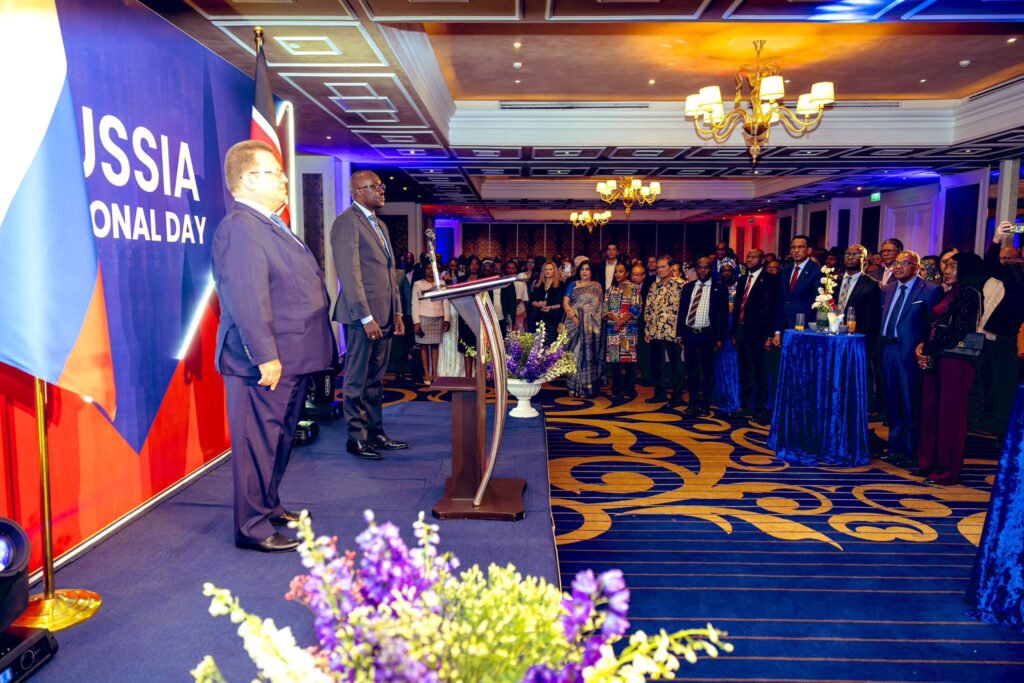As Western governments tighten restrictions on Russian state-backed outlets, Moscow is quietly building influence elsewhere. Over the last three years, broadcasters RT and Sputnik have expanded across Africa, the Balkans, the Middle East, Southeast Asia, and Latin America regions where anti-Western sentiment and weakened foreign media presence provide fertile ground.
In Chile, viewers recently discovered Russian news suddenly airing on a local channel without notice, prompting regulatory scrutiny. Similar moves highlight how Russian media fills gaps left by Western broadcasters. The BBC, for instance, shut down its Arabic radio service in 2022, while Voice of America has cut staff. Russia has seized these openings, with Sputnik launching a 24-hour service in Lebanon and RT intensifying French-language coverage in Africa.
Researchers warn this expansion is not just about news but narrative. Studies show RT selectively amplifies unrest in Europe while downplaying Russia’s domestic troubles, often denying war crimes and reframing events such as Crimea’s annexation as “reunification.” Such carefully tailored messaging can resonate with audiences frustrated by Western dominance.
Africa has become a particular focus. Sputnik recently launched a newsroom in Ethiopia, offering content in Amharic, while RT runs training programmes for young journalists. Some participants echoed Kremlin narratives, dismissing atrocities like the Bucha massacre as staged. These efforts coincide with Russia’s military and political advances in the Sahel, where it has supported juntas in Mali, Burkina Faso, and Niger.
Latin America also offers receptive audiences. RT is free-to-air in 10 countries and widely available online despite global bans. In Buenos Aires, for example, citizens re-upload RT news to YouTube, seeing it as an alternative to locally focused media.
Experts argue the Kremlin’s endgame is to reduce isolation by portraying Russia as a partner of the Global South against Western “imperialism.” By positioning itself as both victim and ally, Russia seeks legitimacy and influence far beyond Ukraine’s battlefield.
The risk, analysts warn, is that this strategy normalises Moscow’s aggression, undermines liberal democracies, and reshapes the global information order. As one observer put it: “Russia is like water: where there are cracks in the cement, it trickles in.”

